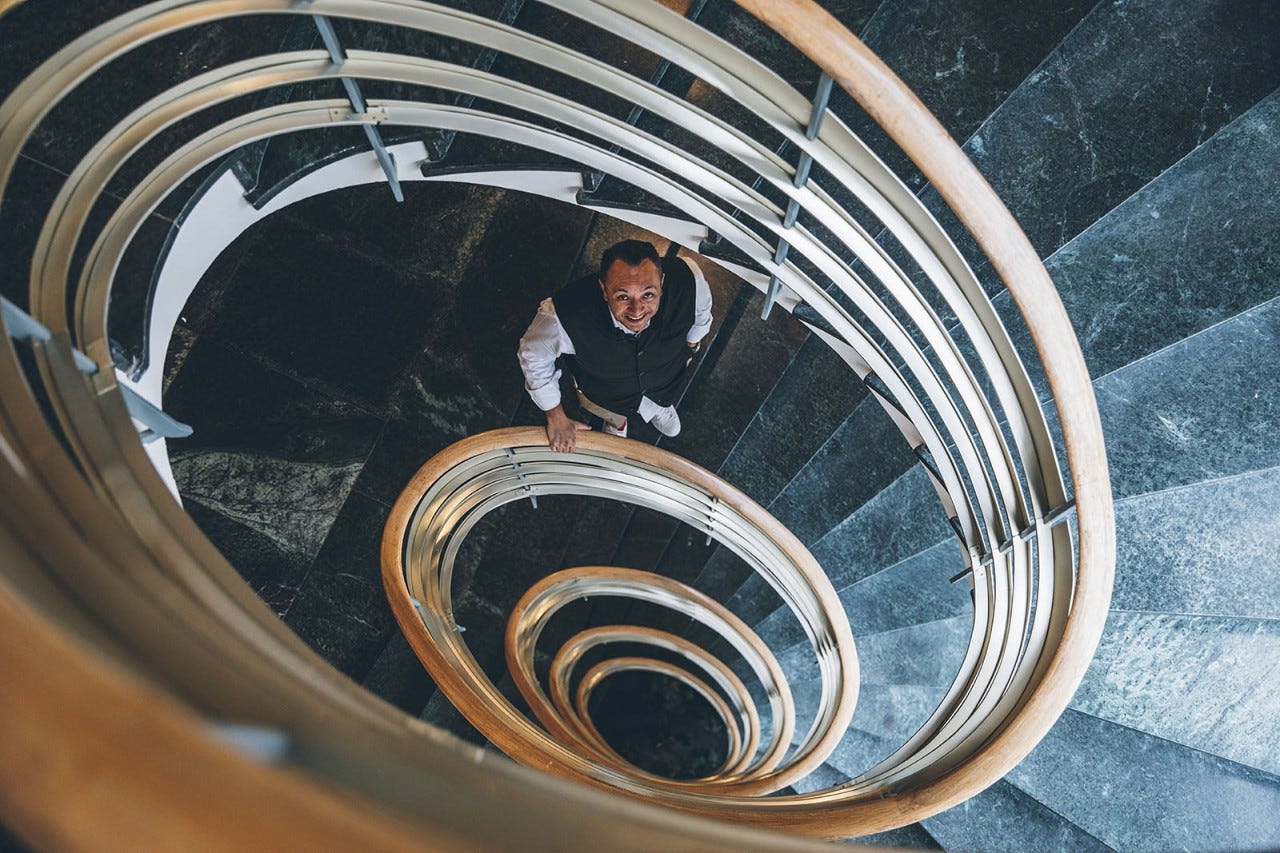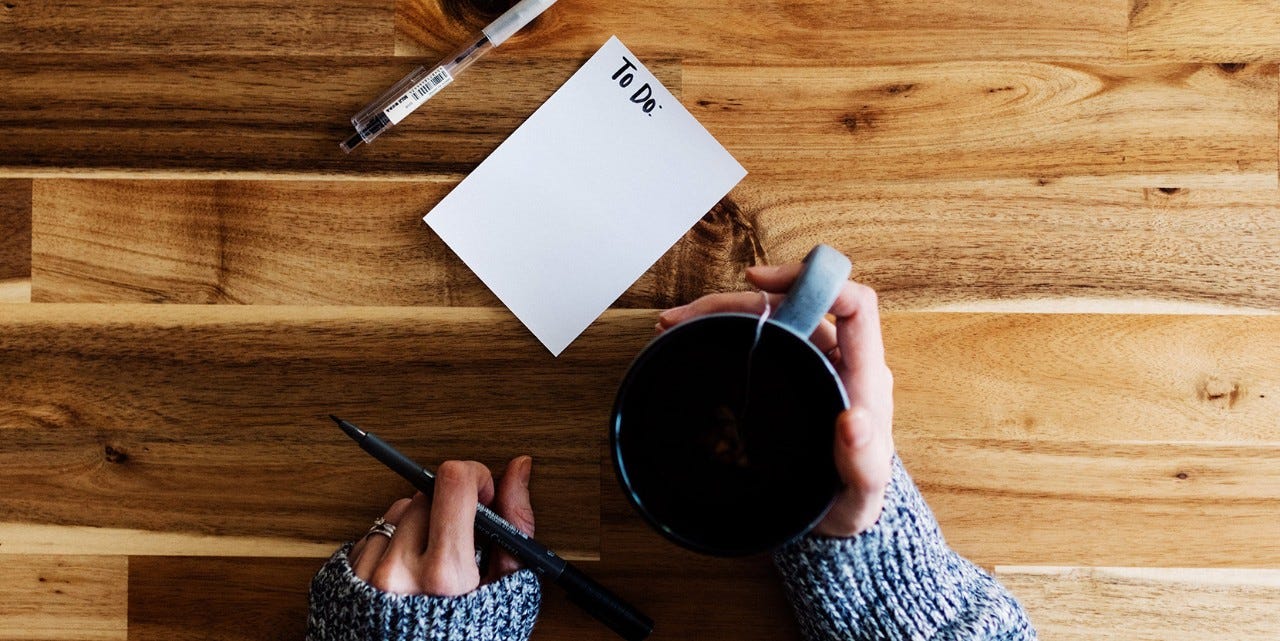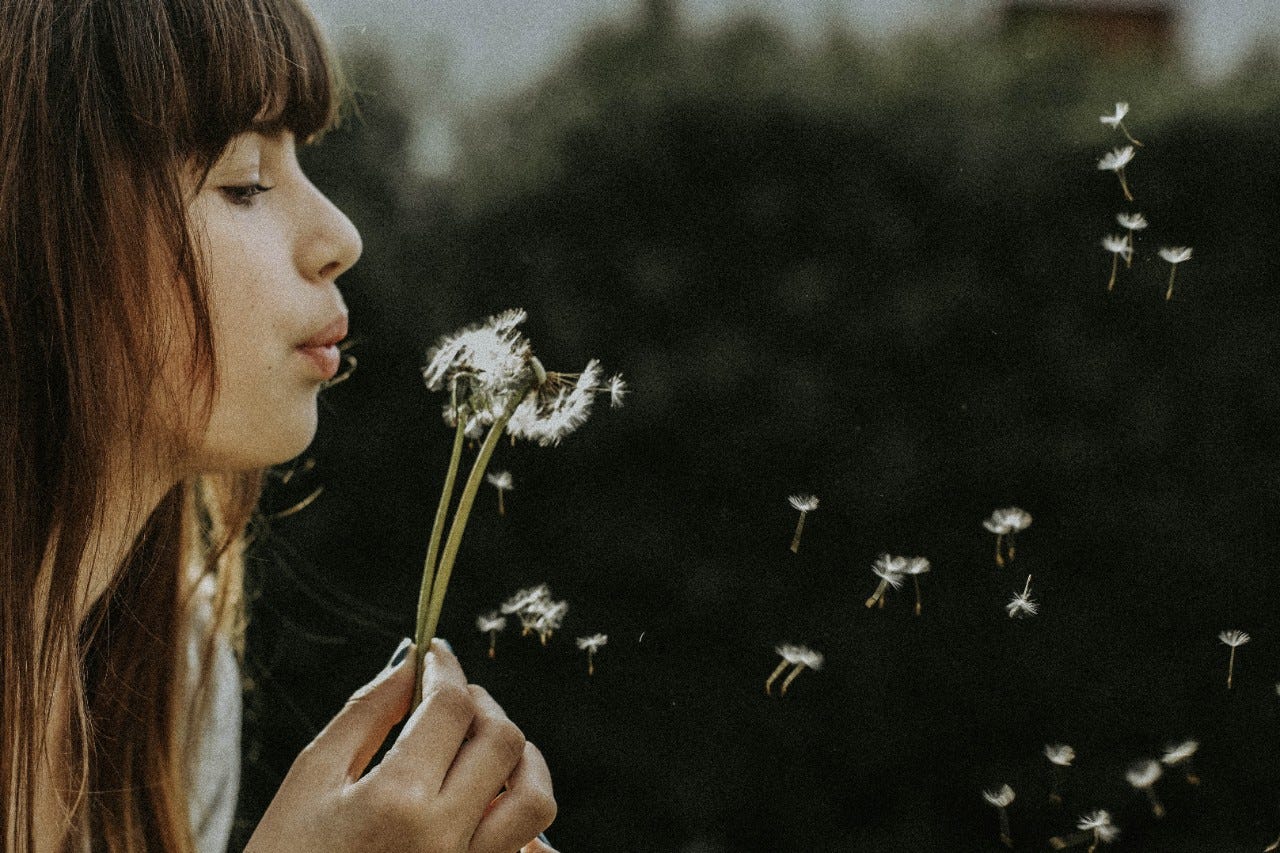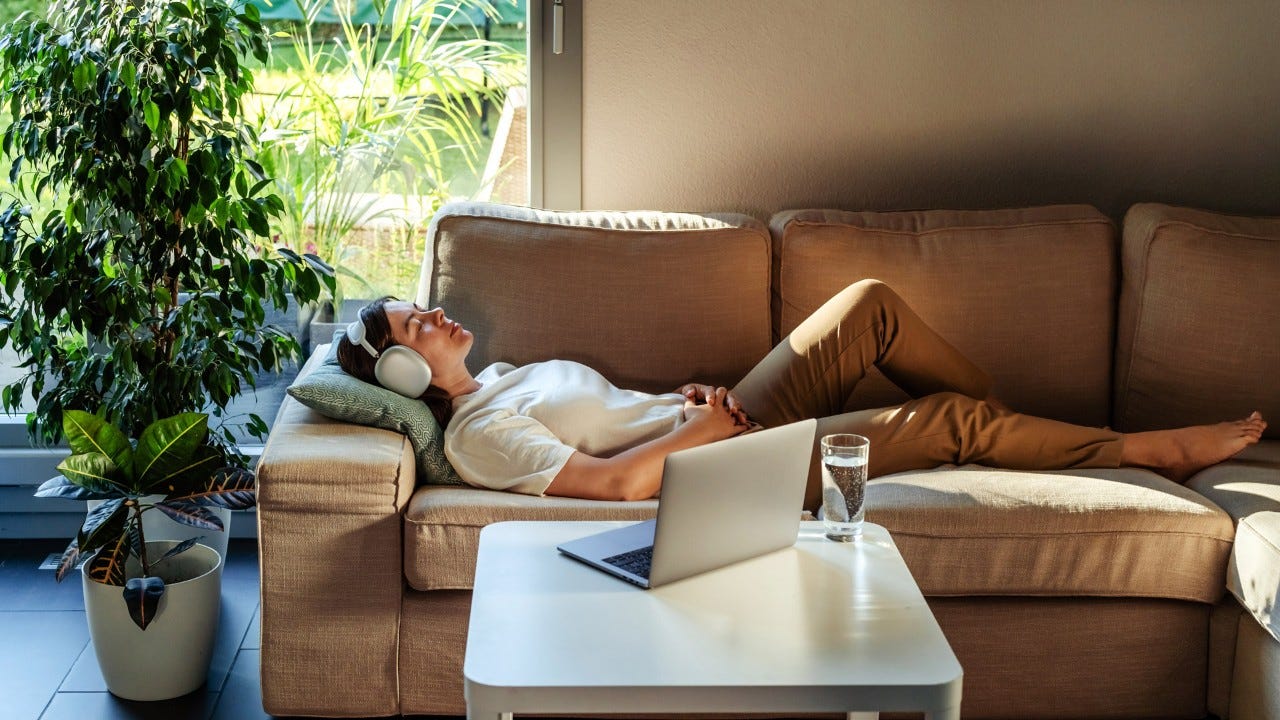“I have nothing that could be taken away from me”
Alan Frei only owns things that he really needs. He has parted with the rest. And since then he has been happier and free from the fear of loss.

“Yes, I would call myself a minimalist. I only own around 80 items today”, says Alan Frei. However, he prefers to call himself an “optimiser” – someone who sets his own course to be able to live as freely, independently and unburdened as possible. Owning as little as possible is just a side effect. His interest in minimalism started when his father died. “When I was clearing out my parents’ house, I found countless objects that had been lying around for 30 years without being used. I realised that owning too many things felt more like a burden to me.”
““Every time I got rid of something, I gained more freedom””
Minimalism: less anxiety, more happiness
Frei was motivated by the liberating feeling he experienced when he parted with an item. He began to take an active interest in minimalism. In his own home, too. He filled no fewer than sixteen 110-litre rubbish bags with things that had no meaning or purpose to his life. “It was fascinating: Every time I got rid of something, I gained more freedom, space and time for myself”, says Frei. And each time he parted with an item he lost a little more of the all-pervasive fear of loss. He really saw the effects of his decluttering a little over a year ago, when his flat was broken into while he was out. “The burglar was probably totally perplexed by the fact that there was nothing worth stealing.” He left without taking a single thing from the flat. “I felt real happiness. I owned nothing that was worth taking.”
Is minimalism suitable for everyone?
Frei has now even given up his flat and is living in a hotel. Today, he can say with certainty that his quality of life has significantly improved since living as a minimalist or optimiser Minimalism for everyone? Frei isn’t interested in preaching his way of life to other people. How many material objects you need to be happy is a very personal decision. Each person links this to different values and beliefs. He wouldn’t even make a future relationship dependent on it. “If someone wants to give this lifestyle a go, then of course I would support them. I’m happy to talk about my experiences if someone asks.”
More time for what matters
Since Frei has been living by this principle, he is more mindful of the important things in his life and makes more time for them. “I’m currently writing a book for start-ups, and in 2026 I’d like to compete in the skeleton event at the Winter Olympics in Milan.” Frei describes his lifestyle as a continuous process of optimisation that never ends.


